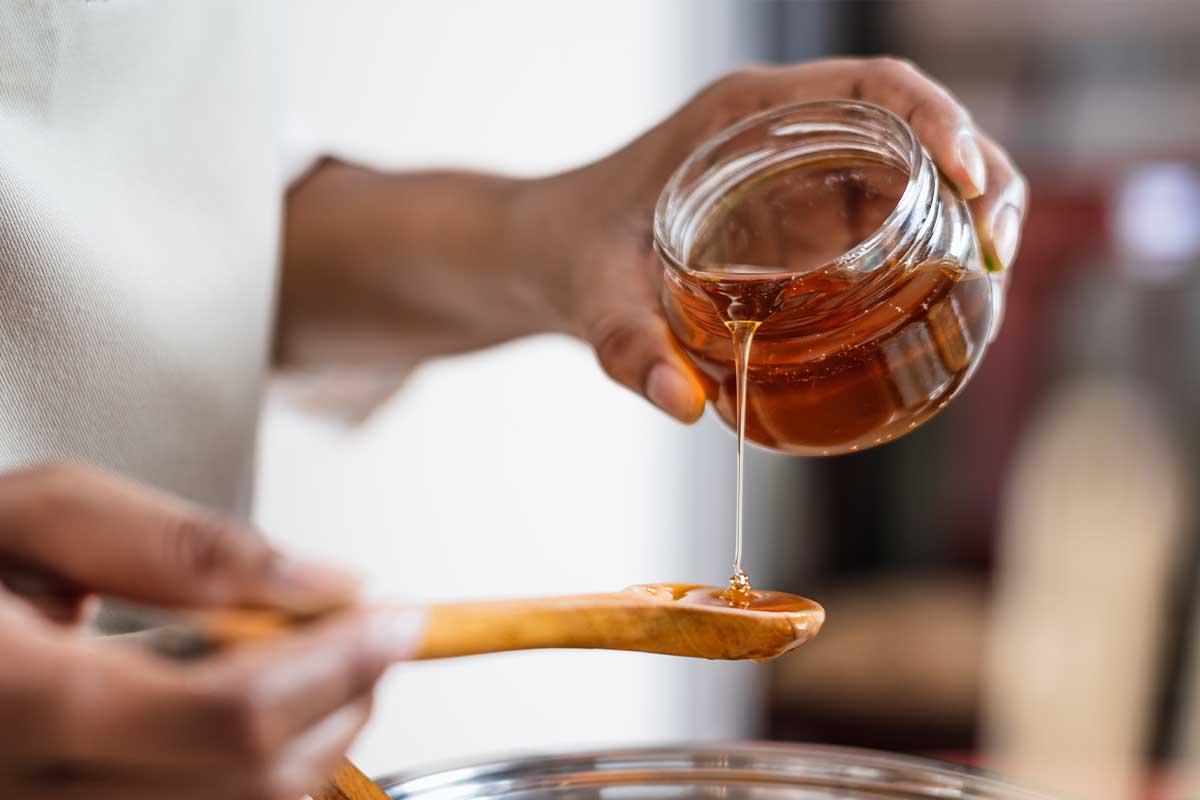Advertisement
Unrefined Tastes
Many health-conscious people are aware of the benefits of limiting refined sugar intake. Sugar refining refers to a process by which the juice of sugar cane or sugar beets is separated into white sugar and molasses, thereby removing important minerals such as iron, calcium, and chromium. Healthy discipline around refined sugar sustains healthy blood sugar … Continued

Many health-conscious people are aware of the benefits of limiting refined sugar intake. Sugar refining refers to a process by which the juice of sugar cane or sugar beets is separated into white sugar and molasses, thereby removing important minerals such as iron, calcium, and chromium. Healthy discipline around refined sugar sustains healthy blood sugar levels and helps to prevent diabetes and circulatory disorders.
Truly unrefined sugar sources are limited. Seek out “Rapadura” or “Sweetcane” brands of sugar to ensure that all minerals and nutrients are present. Most other sugar products are highly refined to make them appear white and crystalline in texture. This includes sugars labelled raw, brown, demerara, and turbinado.
Many health food store varieties of sugar including those labelled as sucanat, organic sugar, and evaporated cane juice are also refined but may have had a portion of molasses added back for colour and flavour. Corn syrup, table syrup, dextrose, maltose, fructose, malitol, and sorbitol are refined food sources as well. Read labels carefully to choose unrefined sweeteners.
Blackstrap molasses is a byproduct of sugar refining and may prove beneficial for those who have overindulged in white sugar. Its iron and chromium content is high because it contains those nutrients missing in refined sugar.
Another excellent everyday sweetener is raw honey. Raw honey is distinct from both pasteurized and unpasteurized honey, which has undergone some degree of heat treatment. In raw, unheated honey, all beneficial enzymes are still intact-preserving its many therapeutic qualities. You can also buy your honey at local farmers’ markets from beekeepers who can confirm that the honey has been heated no higher than the temperature of a light bulb.
Raw honey has many benefits. It can soothe sore throats, help remedy cuts and burns, sweeten warm tea, make oatmeal or bread more digestible, and can assist in weight loss.
Derived from the Stevia rebaudiana plant, stevia can be purchased as a green unrefined powder, a white powdered concentrate, a portable packet, or a liquid extract. It has virtually no calories and is ideal for those on sugar-free diets.
Rice syrup, barley malt, and rye syrups are among the most natural of sweeteners as they are derived from whole grains. They lend a rich quality and mild sweetness to baked goods and porridges.
Other concentrated syrups like maple and agave are relatively wholesome and best used in moderation as an occasional treat. After all, even the best quality concentrated sweetener could, in quantity, upset the body’s blood sugar levels or threaten immunity.
Enjoy one or two servings of fresh, seasonal fruit daily to satisfy a sweet tooth. Partake in sweet potatoes and yams, cooked beets, steamed carrots, and baked winter squash. These foods, best with a little organic butter, have many natural sugars. Oatmeal, brown rice, and dark sourdough breads, when well chewed, will take on a distinctly sweet flavour. Slowing down daily activities and taking time to enjoy whole foods can be an excellent way to restore sweetness to an otherwise hectic lifestyle.




